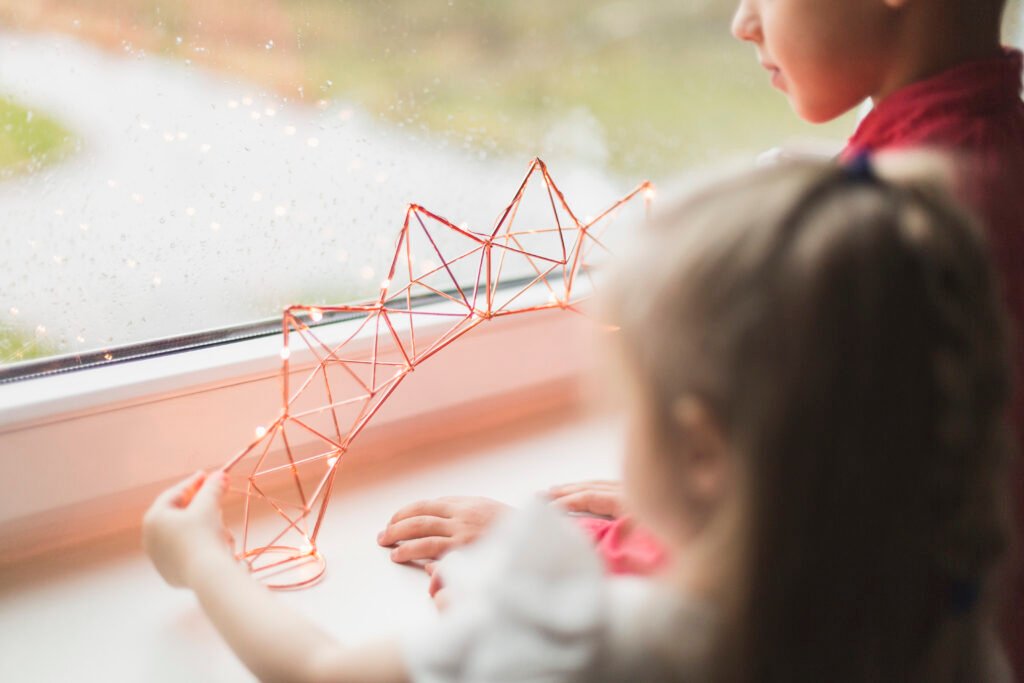From the moment a child takes their first breath, the world begins to shape who they are and who they will become. The early years — particularly from birth to age five — form the foundation for a lifetime of learning, relationships, and overall well-being. Science and psychology both agree: these formative years are far more than just “the cute stage” — they are the blueprint for the future.
The First Years Are a Time of Rapid Brain Development
A child’s brain grows faster during the first five years than at any other point in life. By age three, nearly 80% of brain development has already taken place. This growth is not just physical — it’s shaped by experiences, surroundings, and emotional connections.
Positive early experiences, such as nurturing care, stimulating play, and emotional security, help build strong neural connections. On the other hand, negative experiences like neglect, chronic stress, or lack of stimulation can hinder brain growth and affect cognitive and emotional development.
The Power of Emotional Bonds
At the core of healthy child development is a secure relationship with parents or caregivers. A child who feels loved, understood, and safe develops trust in the world — a critical building block for confidence and resilience later in life.
Children who grow up with strong emotional bonds are more likely to manage stress well, build healthy relationships, and feel confident exploring their world. Conversely, inconsistent or neglectful care can lead to difficulties in forming trust, which may affect relationships in adulthood.
Learning Through Play and Exploration
Play is not just a pastime; it’s a child’s primary way of learning. When children play, they are practicing problem-solving, developing social skills, and learning how to regulate emotions. From stacking blocks to engaging in pretend play, every activity helps shape their thinking and creativity.
Outdoor exploration, hands-on activities, and open-ended play are especially beneficial. They encourage curiosity, develop motor skills, and give children a sense of independence — qualities that are crucial for lifelong learning.
The Role of Language and Communication
Language development in early childhood is one of the strongest predictors of later academic success. Conversations, storytelling, and reading together not only boost vocabulary but also encourage listening skills and imagination.
Children who are exposed to rich, varied language from an early age are more likely to excel in school and communicate effectively as adults. Even simple daily conversations — describing the weather, talking about groceries, or narrating daily activities — help build this essential skill.
The Impact of Environment and Surroundings
A child’s surroundings — home, school, community — play a significant role in shaping their future. A safe, stimulating, and supportive environment encourages learning and emotional security. Access to books, educational toys, and nature can greatly enhance development, while chaotic or unsafe environments can limit a child’s growth.
Why Early Intervention Matters
If a child shows developmental delays — whether in speech, motor skills, or social interaction — early intervention is key. Addressing issues in the early years often leads to better long-term outcomes. Waiting until school age can make it harder to close developmental gaps.
Pediatricians, early educators, and child psychologists can provide guidance and resources to support children who need extra help.
The Lasting Effects on Adulthood
The experiences children have in their earliest years influence not just school performance, but also emotional health, career success, and even physical health in adulthood. Adults who had nurturing, stable, and stimulating childhoods often show higher levels of resilience, better mental health, and stronger social skills.
On the flip side, negative early experiences can increase the risk of mental health challenges, lower educational achievement, and even chronic health issues later in life.

How Parents and Caregivers Can Make a Difference

- Provide consistent love and care — show your child they are valued and safe.
- Encourage play and exploration — give them space to discover, imagine, and create.
- Talk and listen — communicate daily, read together, and encourage questions.
- Create a safe and stimulating environment — offer opportunities for learning in everyday life.
- Seek support early if you notice developmental concerns.
Final Thoughts
Childhood is a one-time window of opportunity that sets the stage for the rest of life. Every hug, every bedtime story, every moment of encouragement becomes part of the foundation a child will stand on as they grow. The investment we make in children today — through love, attention, and opportunity — is the investment we make in a better, stronger future.
